Gideon Sa’ar’s visit to Hungary was originally scheduled for a week earlier but had to be postponed due to developments in the Middle East. Hungary was happy to accommodate the postponement, as the reason for it brought the region closer to achieving peace in the Middle East, Hungarian Minister of Foreign Affairs and Trade Peter Szijjarto pointed out.
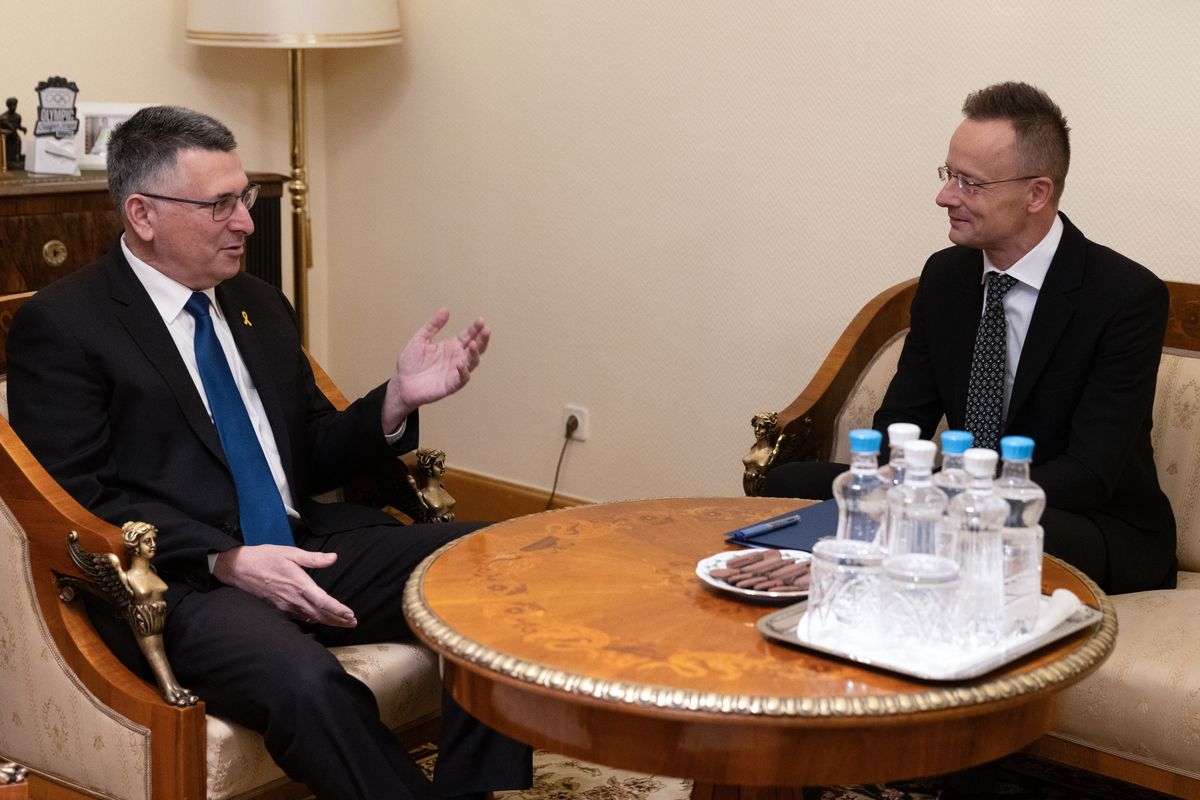
We Hungarians are deeply concerned about the ongoing situation in the Middle East. We see the suffering of the people there caused by terrorism and armed conflicts, and we are fully aware of the severe impact the Middle East security crisis has on global security,
Peter Szijjarto said.
Hungary welcomes the ceasefire and greatly appreciates the Israeli government’s wisdom and commitment in making this difficult decision, he added.
We believe this ceasefire agreement improves the security situation of the whole world, including Europe,
the minister said.
Hungary has a vested interest in the full implementation of the ceasefire agreement, all the more so because a Hungarian citizen currently held hostage—a man under fifty—can only be freed once the first phase is completed and negotiations for the second phase begin.
Our interest lies in ensuring that this ceasefire is fully successful and brings us closer to achieving a sustainable and lasting peace in the Middle East,
Hungary's foreign minister emphasized.
Amid the difficulties of recent times, there has been a positive turn as well, the minister remarked, referring to Donald Trump’s presidency. "If he had been president over the past four years, the world would be much safer. For example, the war in our neighborhood might not have erupted, and the security situation in the Middle East would be much better," he added.
Szijjarto recalled that he was the only foreign minister present in the White House garden when the Abraham Accords were signed.
Previously, no one thought such an agreement was possible. President Trump proved that sometimes the impossible can become possible,
he highlighted.
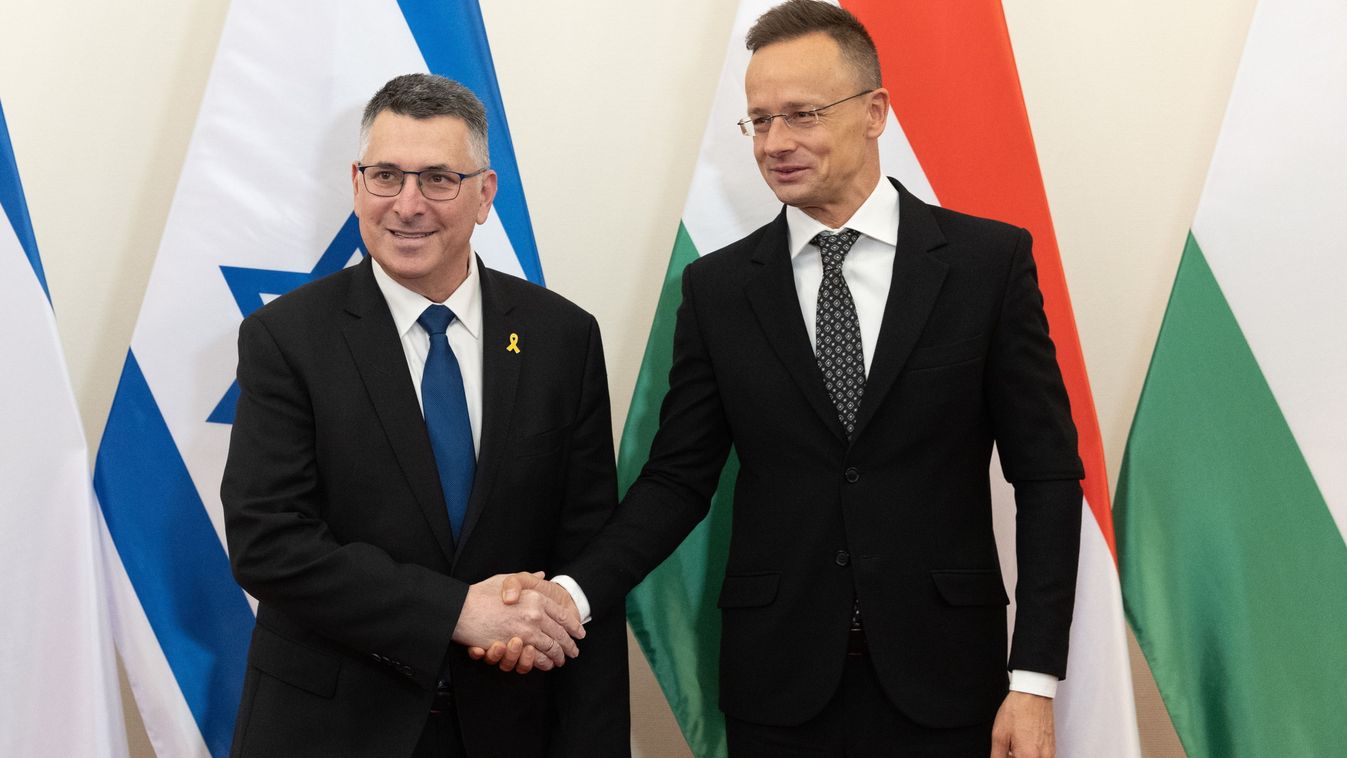
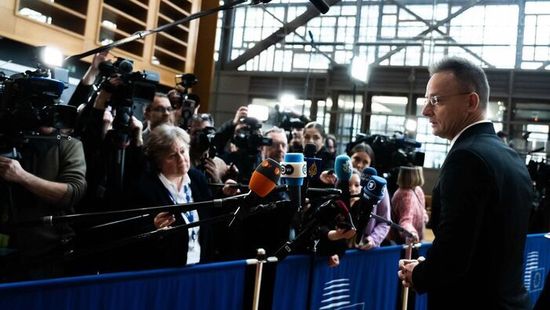
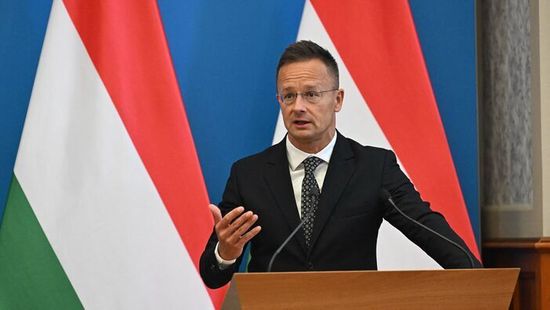

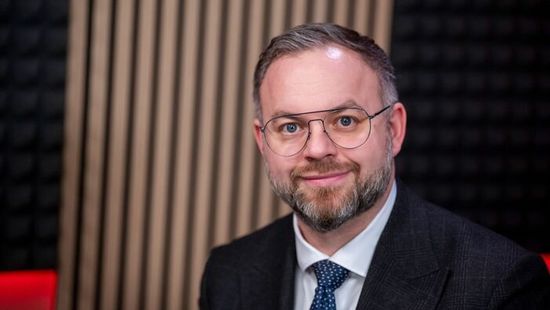

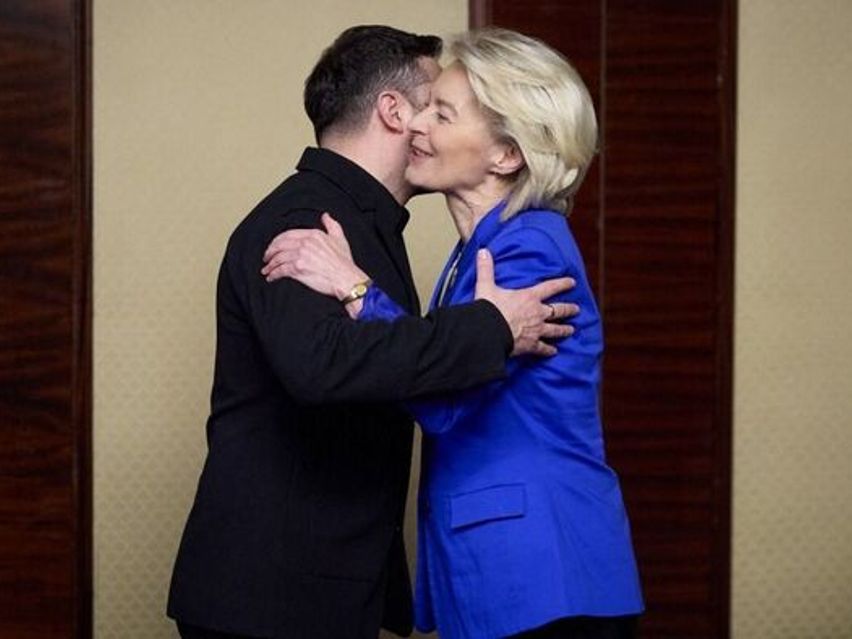
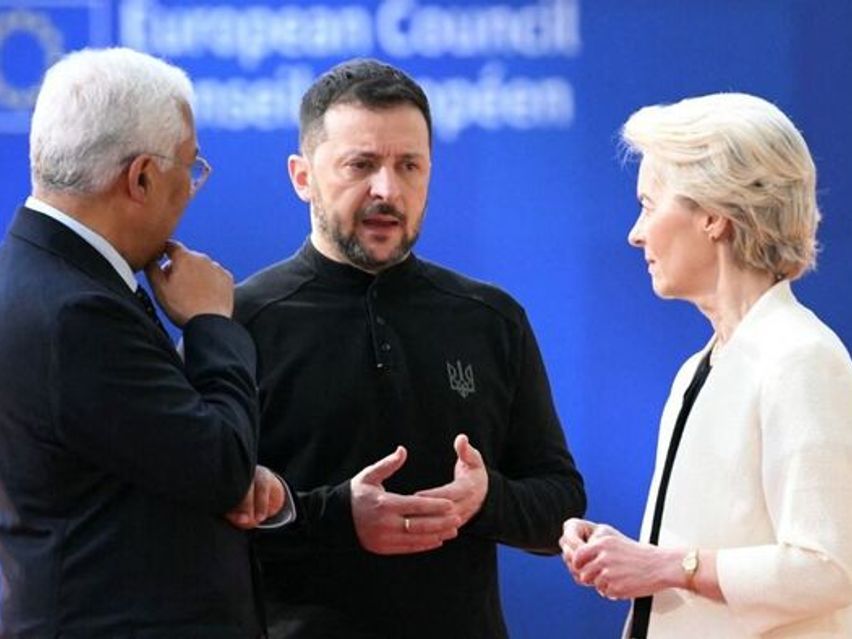
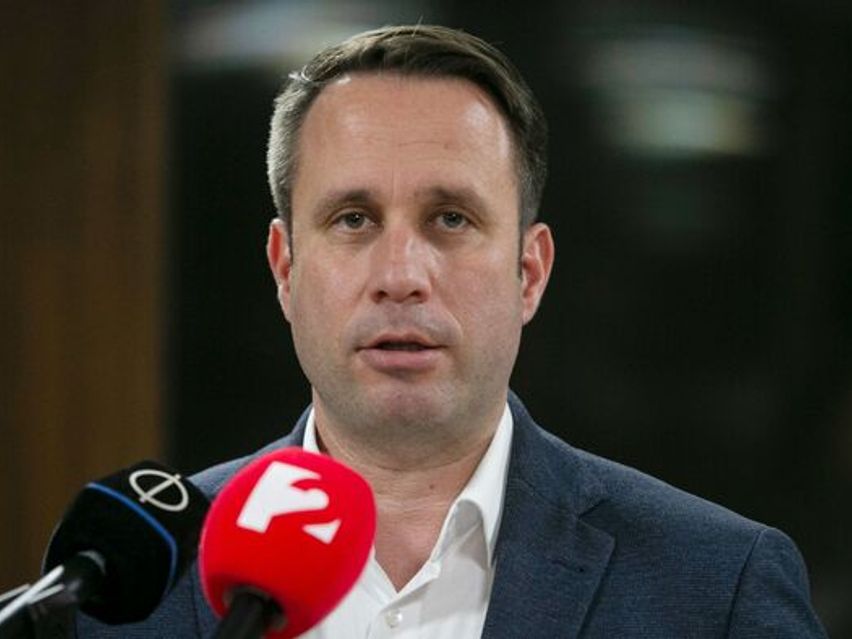
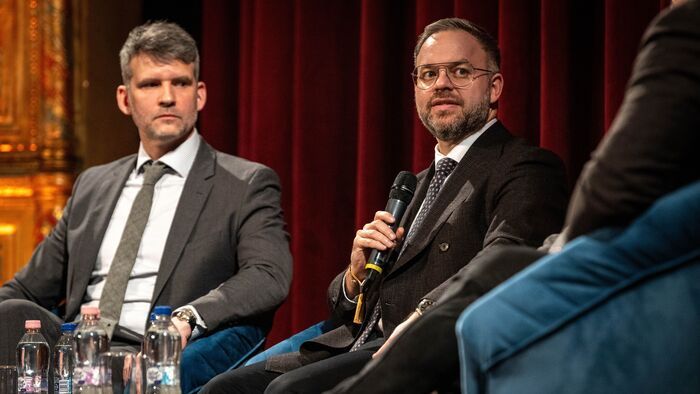

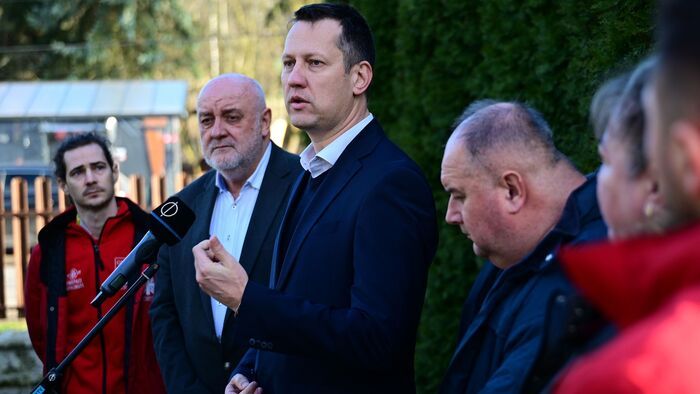
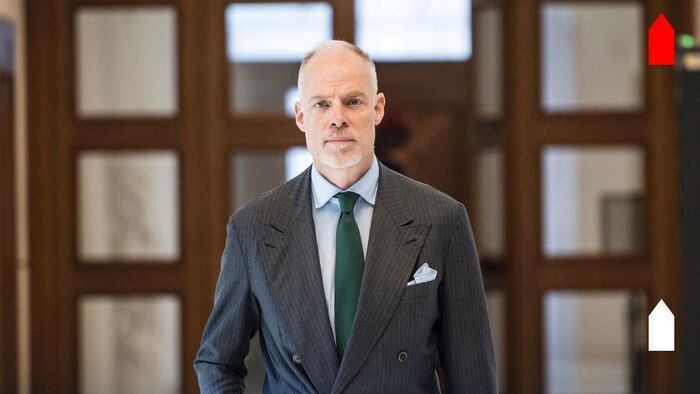


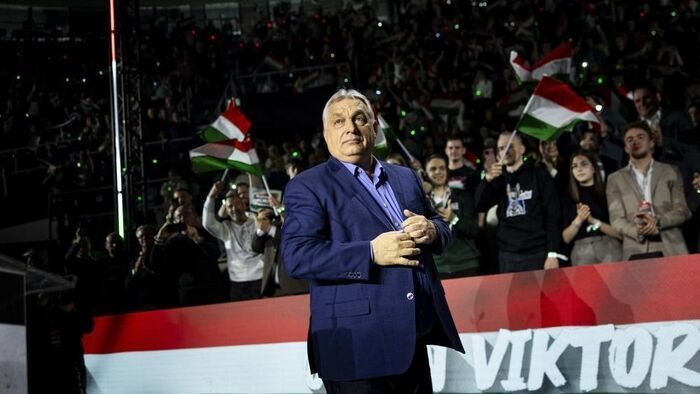
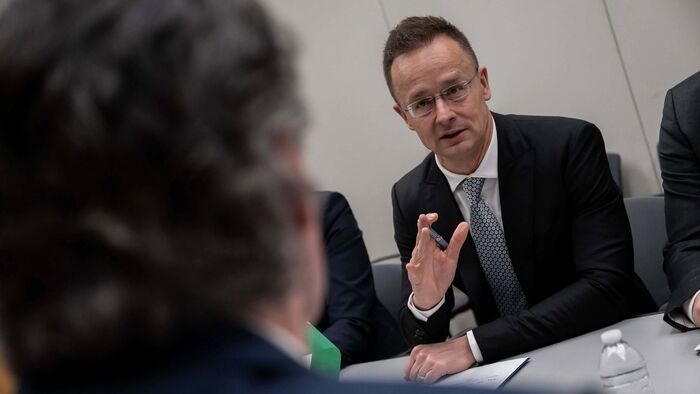
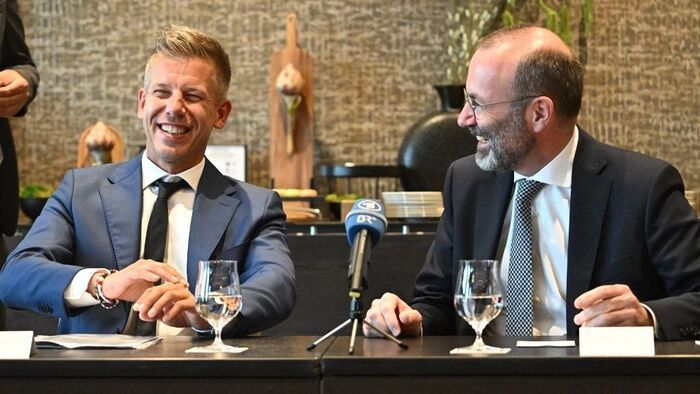



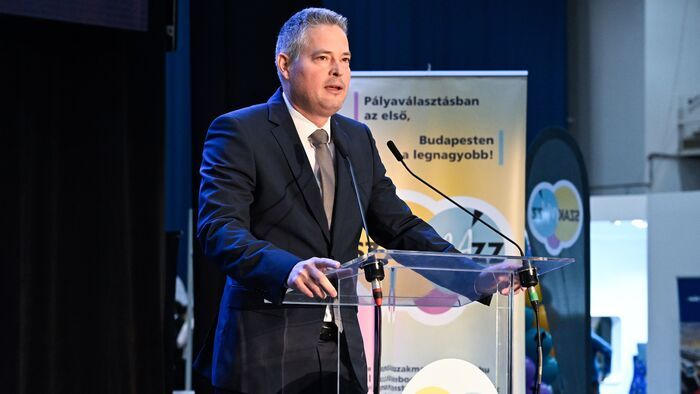

Szóljon hozzá!
Jelenleg csak a hozzászólások egy kis részét látja. Hozzászóláshoz és a további kommentek megtekintéséhez lépjen be, vagy regisztráljon!